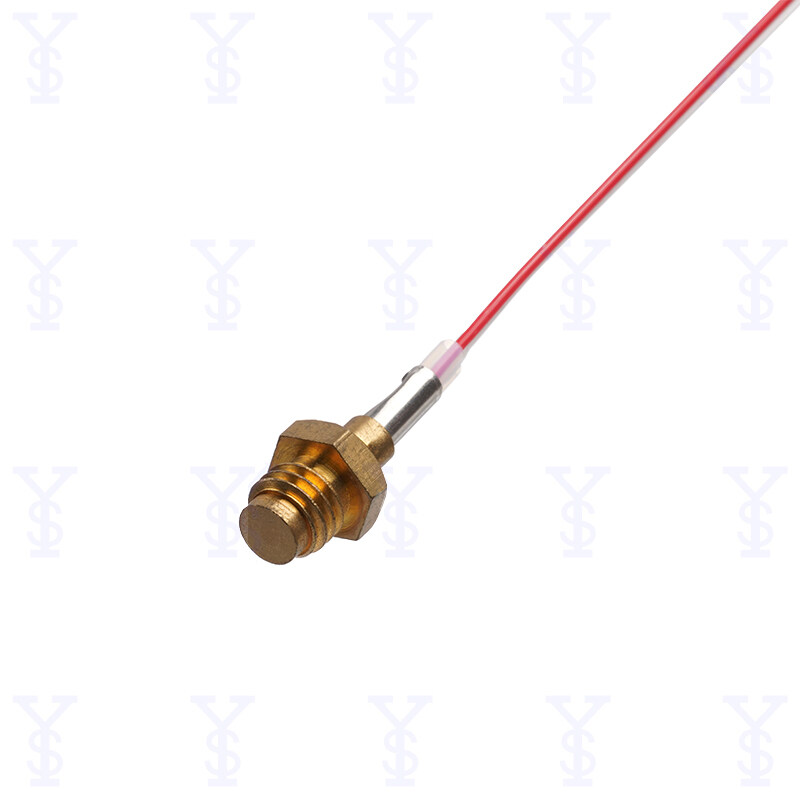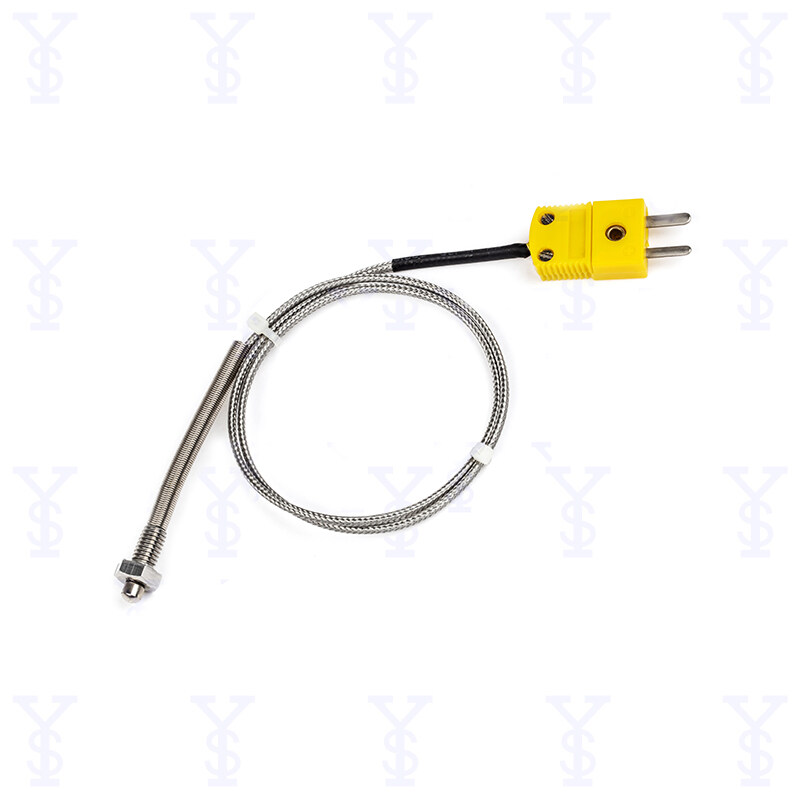Erè fòma imèl
emailCannotEmpty
emailDoesExist
pwdLetterLimtTip
inconsistentPwd
pwdLetterLimtTip
inconsistentPwd


Industrial Oven Thermocouple: Essential Guide to Temperature Sensing
In industrial processes where precise temperature control is critical, industrial oven thermocouples play a pivotal role. These devices ensure accurate measurement and monitoring of temperatures within ovens, furnaces, and other heat-treating equipment. This comprehensive guide explores everything you need to know about industrial oven thermocouples, their types, applications, and considerations for choosing the right thermocouple for your industrial needs.
What is an Industrial Oven Thermocouple?
An industrial oven thermocouple is a sensor designed to measure temperature in high-temperature environments typically found in industrial settings. It consists of two dissimilar metal wires joined at one end (measuring junction) and connected to a measuring instrument (thermometer or temperature controller) at the other end. When exposed to heat, a voltage is generated proportional to the temperature difference between the measuring junction and the reference junction (usually at room temperature).
Types of Industrial Oven Thermocouples
There are several types of thermocouples, each suited for different temperature ranges and environmental conditions. The most common types used in industrial oven applications include:
1. Type K Thermocouple
- Suitable for a wide range of temperatures (-200°C to +1350°C).
- Good accuracy and sensitivity.
- Widely used in industrial applications due to its reliability and cost-effectiveness.
2. Type J Thermocouple
- Covers a range from -40°C to +750°C.
- Less durable than Type K but offers higher sensitivity.
- Commonly used in industrial ovens where high accuracy at lower temperatures is required.
3. Type T Thermocouple
- Operates in the range of -200°C to +350°C.
- Provides good accuracy and stability.
- Ideal for applications requiring measurements in sub-zero and cryogenic temperatures.
4. Type N Thermocouple
- Similar temperature range as Type K (-200°C to +1300°C).
- Offers better resistance to oxidation and longer lifespan in high-temperature applications.
Applications of Industrial Oven Thermocouples
Industrial oven thermocouples find widespread use across various industries where precise temperature monitoring is essential. Some common applications include:
- Heat Treatment Processes: Monitoring temperatures in annealing, tempering, and quenching processes.
- Food Processing: Ensuring food safety and quality by controlling temperatures in ovens and drying equipment.
- Manufacturing: Temperature control in ceramic kilns, glass manufacturing, and semiconductor processing.
- Automotive: Heat treatment of metal parts in automotive manufacturing.
- Aerospace: Ensuring uniform heating in composite material curing processes.
Choosing the Right Industrial Oven Thermocouple
Selecting the appropriate thermocouple for your industrial oven depends on several factors:
Temperature Range
Consider the operating temperature range of your industrial process. Choose a thermocouple that can accurately measure within the expected temperature range without exceeding its limits.
Environmental Conditions
Evaluate the environment where the thermocouple will operate. Factors such as moisture, corrosive gases, and mechanical vibrations can affect thermocouple performance. Select a thermocouple with appropriate sheath materials (e.g., stainless steel, Inconel) and protection tubes to withstand these conditions.
Accuracy and Calibration
Ensure the thermocouple offers the required accuracy for your application. Regular calibration is crucial to maintain accuracy over time. Some thermocouples may require calibration adjustments due to drift or aging.
Response Time
Consider the response time of the thermocouple—the speed at which it can detect temperature changes. Faster response times are essential in processes where rapid temperature changes occur.
Longevity and Durability
Choose a thermocouple that is durable and suitable for the expected lifespan in your industrial environment. Factors such as abrasion resistance, thermal shock resistance, and oxidation resistance are critical for longevity.
Installation and Maintenance Tips
Proper installation and maintenance are essential to ensure the reliable performance of industrial oven thermocouples:
Installation
1. Location: Place the thermocouple sensor at the optimal position within the oven to ensure accurate temperature measurement.
2. Mounting: Securely mount the thermocouple using appropriate fittings or thermowells to protect it from mechanical damage and ensure good thermal contact.
3. Wiring: Use proper extension wires compatible with the thermocouple type to minimize measurement errors.
Maintenance
1. Regular Calibration: Schedule regular calibration checks to maintain accuracy. Follow manufacturer recommendations for calibration intervals.
2. Inspection: Periodically inspect the thermocouple for signs of wear, corrosion, or damage. Replace damaged thermocouples promptly to avoid measurement inaccuracies.
3. Cleaning: Clean thermocouple junctions and sheaths as needed to remove contaminants that can affect accuracy.
Future Trends in Industrial Oven Thermocouples
As technology advances, industrial oven thermocouples are evolving to meet the growing demands of industrial processes:
- Wireless Monitoring: Integration of wireless communication capabilities for remote temperature monitoring and data logging.
- Advanced Materials: Development of thermocouples with enhanced materials for improved durability, accuracy, and resistance to harsh environments.
- Smart Sensors: Incorporation of smart sensor technologies for real-time diagnostics, predictive maintenance, and automated temperature control.
Conclusion
Industrial oven thermocouples are indispensable tools for maintaining precise temperature control and ensuring product quality in various industrial applications. By understanding the types, applications, selection criteria, and maintenance tips discussed in this guide, you can confidently choose and utilize thermocouples that best suit your industrial oven needs. Invest in quality thermocouples, follow proper installation and maintenance practices, and stay informed about technological advancements to optimize your industrial processes and achieve consistent results.

